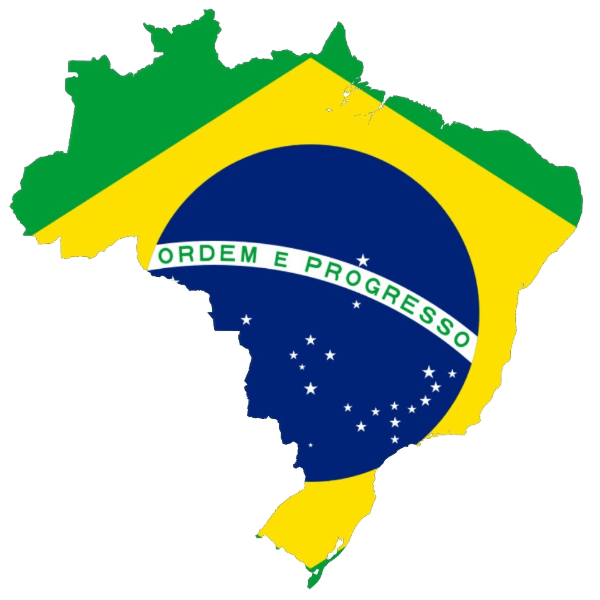The distribution of educational books in Brazil is largely done through a federal program, the National Textbook Program (Programa Nacional do Livro didático – PNLD), where teachers and specialists evaluate books submitted by publishers and approve the ones made available for schools to choose from, with the federal government providing these books to the schools. Most regions participate in the program, as it is an affordable way to distribute quality materials to students.
However, on July 31st, publishers were surprised with the sudden decision from the Secretary of Education of the State of São Paulo to withdraw from the PNLD, and subsequently go fully digital from grades 5 to 12, only using material published by the State.
Publishers, educators, and academics alike rose in opposition to this arbitrary decision, understanding the negative impact such a change in access to books would have on students’ education. While the government conceded to printing the materials produced by the State instead of going digital, civil society continued to oppose the withdrawal from the PNLD, as it would severely deteriorate students’ access to high-quality educational material provided by publishers.
In an incredible win for students, educators, and publishers in Brazil, the São Paulo Court of Justice has overturned the government’s decision and has ordered the state to rejoin the federal program, citing the Brazilian constitutional principle that requires democratic management of education.
In interviews with Publishing Perspectives, IPA President Karine Pansa and Secretary General José Borghino expressed joy at the decision of the São Paulo court and also raised concerns at the potential impact the government’s decision could have had on educational publishing in Brazil.
Pansa, also the editorial director at Girassol Brasil Edições in São Paulo, stated: “that they [the government] wanted to create their own materials—not only all-digital but their own material. When they started to present their material, it wasn’t real. It was like PowerPoint material.” She also stated that “We see [the government’s decision] as a way of controlling the content being given to the population. That’s very, very worrying.”
Borghino likewise stated: “The IPA and educational publishers in Brazil are grateful and relieved that the São Paulo government has accepted a court ruling that it must adhere to previously agreed guidelines to use books and resources produced by professional publishers in schools. Education is a strategic resource in the development of any functional knowledge society of the future and it is educational publishers who are best equipped to deliver high-quality materials that, in turn, produce the best learning outcomes for all students.”

